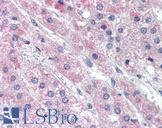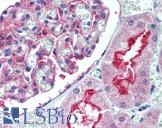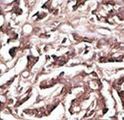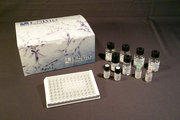Login
Registration enables users to use special features of this website, such as past
order histories, retained contact details for faster checkout, review submissions, and special promotions.
order histories, retained contact details for faster checkout, review submissions, and special promotions.
Forgot password?
Registration enables users to use special features of this website, such as past
order histories, retained contact details for faster checkout, review submissions, and special promotions.
order histories, retained contact details for faster checkout, review submissions, and special promotions.
Quick Order
Products
Antibodies
ELISA and Assay Kits
Research Areas
Infectious Disease
Resources
Purchasing
Reference Material
Contact Us
Locations
Orders Processing,
Shipping & Receiving,
Warehouse
2 Shaker Rd Suites
B001/B101
Shirley, MA 01464
Production Lab
Floor 6, Suite 620
20700 44th Avenue W
Lynnwood, WA 98036
Telephone Numbers
Tel: +1 (206) 374-1102
Fax: +1 (206) 577-4565
Contact Us
Additional Contact Details
Login
Registration enables users to use special features of this website, such as past
order histories, retained contact details for faster checkout, review submissions, and special promotions.
order histories, retained contact details for faster checkout, review submissions, and special promotions.
Forgot password?
Registration enables users to use special features of this website, such as past
order histories, retained contact details for faster checkout, review submissions, and special promotions.
order histories, retained contact details for faster checkout, review submissions, and special promotions.
Quick Order
| Catalog Number | Size | Price |
|---|---|---|
| LS-C156613-400 | 400 µl | $393 |
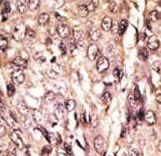
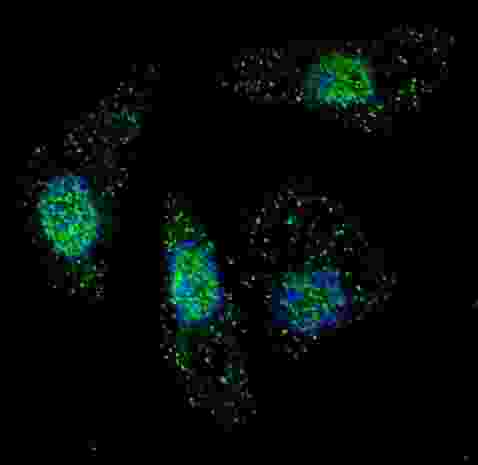








1 of 5
2 of 5
3 of 5
4 of 5
5 of 5
Polyclonal Rabbit anti‑Human Apg7 / ATG7 Antibody (aa494‑523, IHC, IF, WB) LS‑C156613
Polyclonal Rabbit anti‑Human Apg7 / ATG7 Antibody (aa494‑523, IHC, IF, WB) LS‑C156613
Antibody:
Apg7 / ATG7 Rabbit anti-Human Polyclonal (aa494-523) Antibody
Application:
IHC, IHC-P, IF, WB
Reactivity:
Human, Mouse
Format:
Unconjugated, Unmodified
Toll Free North America
 206-374-1102
206-374-1102
For Research Use Only
Overview
Antibody:
Apg7 / ATG7 Rabbit anti-Human Polyclonal (aa494-523) Antibody
Application:
IHC, IHC-P, IF, WB
Reactivity:
Human, Mouse
Format:
Unconjugated, Unmodified
Specifications
Description
ATG7 antibody LS-C156613 is an unconjugated rabbit polyclonal antibody to ATG7 (Apg7) (aa494-523) from human. It is reactive with human and mouse. Validated for IF, IHC and WB.
Target
Human Apg7 / ATG7
Synonyms
ATG7 | Apg7 | APG7L | APG7-LIKE | Autophagy related 7 | Autophagy-related protein 7 | HAGP7 | GSA7
Host
Rabbit
Reactivity
Human, Mouse
(tested or 100% immunogen sequence identity)
Predicted
Rat (at least 90% immunogen sequence identity)
Clonality
Polyclonal
Conjugations
Unconjugated
Purification
Protein A purified
Modifications
Unmodified
Epitope
aa494-523
Specificity
This ATG7 antibody is generated from rabbits immunized with a KLH conjugated synthetic peptide between 494-523 amino acids from human ATG7.
Applications
- IHC
- IHC - Paraffin (1:50 - 1:100)
- Immunofluorescence (1:200)
- Western blot (1:1000)
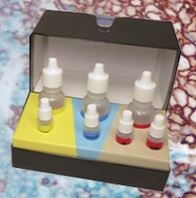
|
Performing IHC? See our complete line of Immunohistochemistry Reagents including antigen retrieval solutions, blocking agents
ABC Detection Kits and polymers, biotinylated secondary antibodies, substrates and more.
|
Presentation
PBS, 0.09% Sodium Azide
Storage
Maintain refrigerated at 2°C to 8°C for up to 6 months. For long term storage store at -20°C.
Restrictions
For research use only. Intended for use by laboratory professionals.
About Apg7 / ATG7
Publications (0)
Customer Reviews (0)
Featured Products
Species:
Human
Applications:
IHC, IHC - Paraffin, Immunofluorescence, Western blot, ELISA
Species:
Human, Mouse
Applications:
IHC, IHC - Paraffin, ICC, Immunofluorescence, Western blot, ELISA
Species:
Human, Mouse
Applications:
IHC, IHC - Paraffin, Western blot
Request SDS/MSDS
To request an SDS/MSDS form for this product, please contact our Technical Support department at:
Technical.Support@LSBio.com
Requested From: United States
Date Requested: 4/19/2024
Date Requested: 4/19/2024

